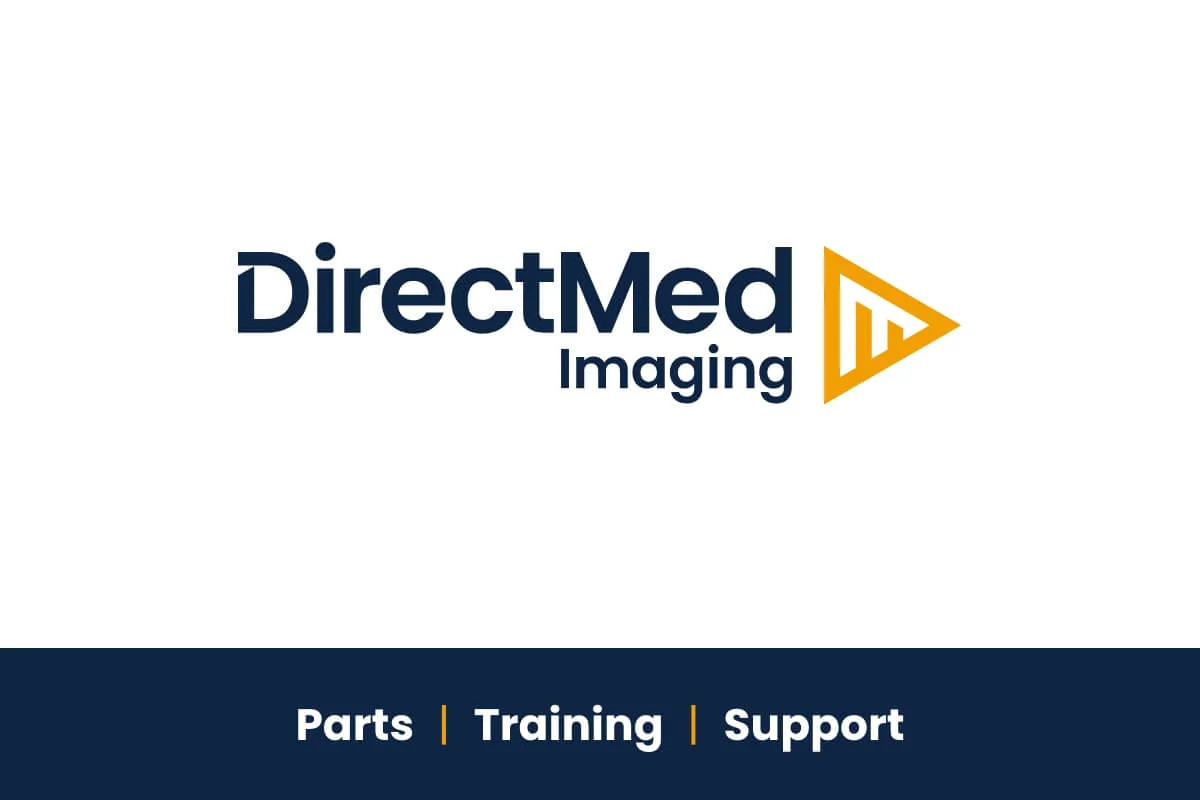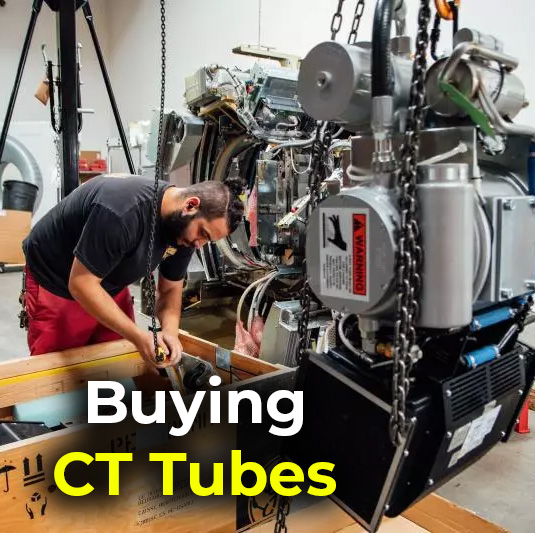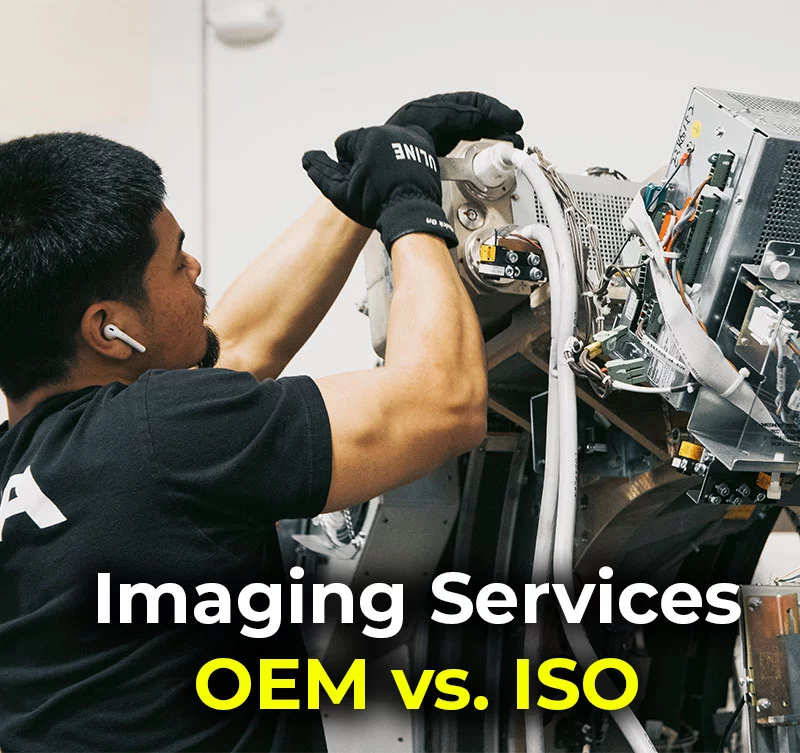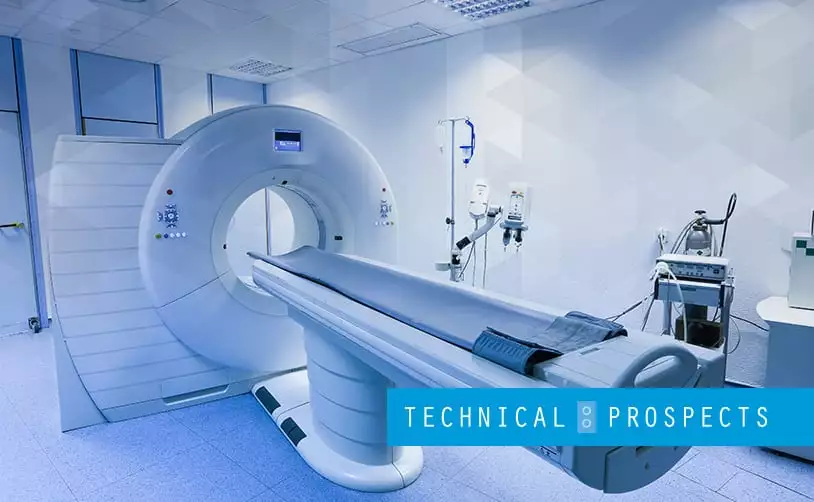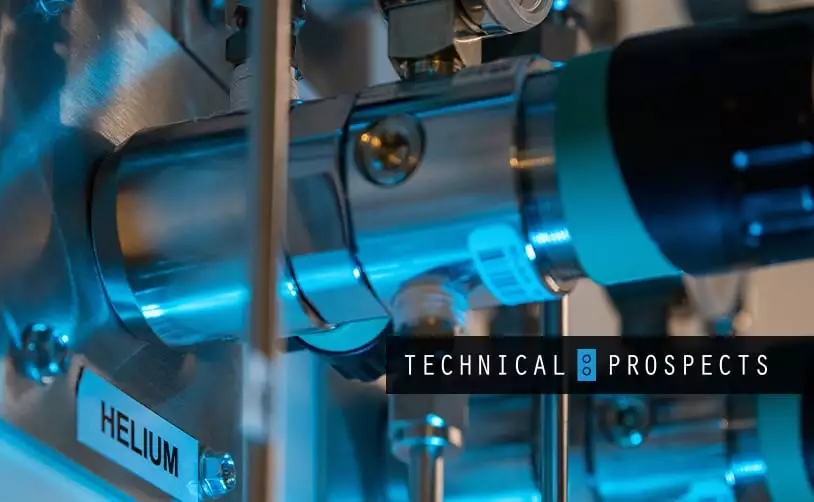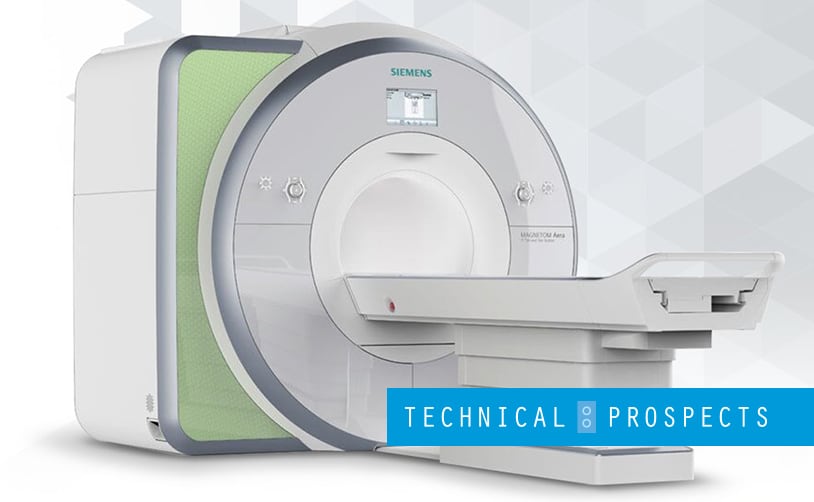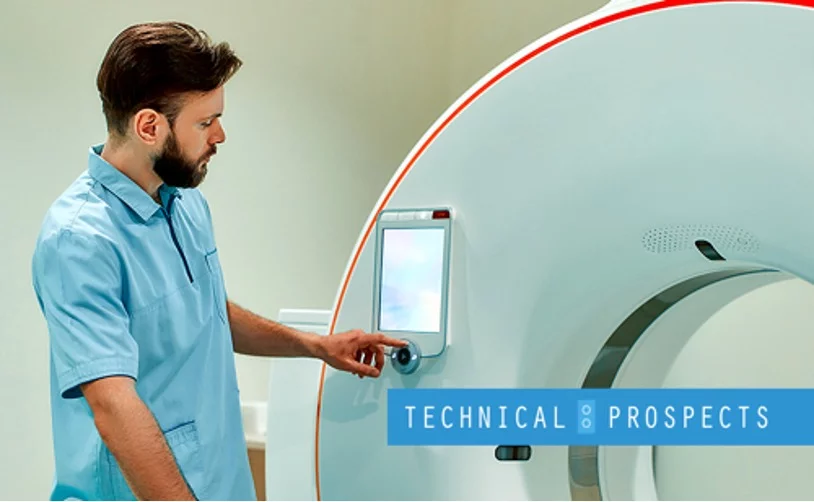Thanks to the prevalence of medical imaging technology and the widespread availability of CT scan technology, clinics, hospitals, and urgent care centres will no longer need to waste any time when diagnosing conditions. From the classic forms of cancer and heart conditions to liver masses and bone fractures, this feat of medical engineering is responsible for saving millions of lives around the globe!
With more patients demanding an excellent quality of care and complete accuracy every time they go in for check-ups, CT scanners are now slowly becoming mandatory in all kinds of healthcare establishments. However, it is also worth noting that these pieces of technology cannot be as effective as they should be if not for the parts which comprise them—especially in the case of detectors themselves.
What are CT Scanner detectors?
The best way to describe these detectors is that they’re key components that are used to carry out various intricate tasks that are entirely related to medical imaging. Often found in a set that is composed of single elements, these components are grouped into different categories that perform specific tasks responsible for creating a final image. In terms of structure, the detectors themselves are situated in an arc or ring, which allows them to measure the intensity of transmitted x-ray radiation.
Compared to other pieces in the puzzle, such components are valuable because they help make sense of the transmitted x-ray radiation. Regular detectors are also paired with reference detectors that help calibrate data as best as possible while reducing artifacts—leading to the most accurate imaging possible!
On determining effectiveness
Much like any other component, it is possible to determine a detector’s efficiency and its ability to collect information. Let’s look at the different factors that help determine the overall degree of accuracy and effectiveness that these detectors achieve:
- The stopping power of the detector material;
- The scintillator efficiency (in solid-state types of detectors);
- The change collection efficiency (in Xenon types of detectors);
- The geometric efficiency (a term that is defined as the amount of space occupied by the detector collimator plated relative to the detector’s surface area);
- The scatter rejection;
- The capture efficiency (which refers to the ability with which the detector obtains photons that pass through the patient); and
- The absorption efficiency (which refers to the number of photons absorbed by the detector itself).
The two kinds of detectors
Generally speaking, there are two main types of detectors that are developed to meet specific purposes as best as possible: the Xenon Gas and Solid State Crystal Options.
- Xenon Gas Detectors: Consisting of three tungsten plates, these detectors use pressurised xenon gas to fill the hollow chamber. Thanks to the way it works and the mechanism it follows, this type of component produces detectors that absorb 60 to 87% of the photons that reach them—making it stable, accurate, and cost-efficient.
- Solid-State Crystal Detectors: Alternatively known as “scintillation detectors,” these components use a crystal that fluoresces when struck by an x-ray photon. Made with materials like cadmium tungstate, caesium iodide, bismuth germinate, and ceramic rare earth compounds like gadolinium of yttrium, these components possess higher absorption rates, albeit at a higher cost.
Conclusion
Among the different parts of a CT Scanner that deserve to have much light shone on them, the detectors bear a significant level of importance; after all, these are incredibly critical to the overall functionality of a particular machine! By knowing more about your machine, you can care for it properly and determine which particular components are essential to its function. By pairing with a renowned expert, you can ensure that your CT scanner is always at peak condition!
Are you looking for a specialist to help you out with working your CT scanner? At DirectMed Parts and Service, we provide the best-quality detectors and other CT scanner parts for your clinic, hospital, or urgent care centre’s needs. Get in touch with us today to see how we can help!
